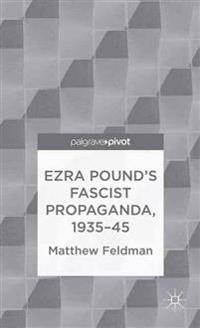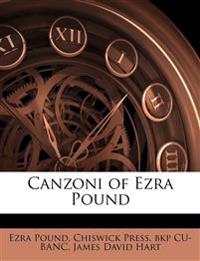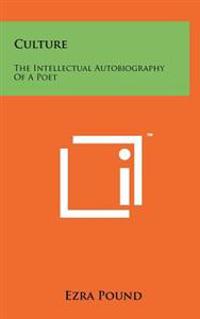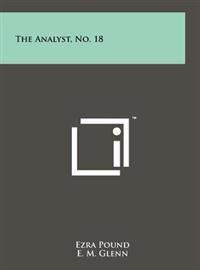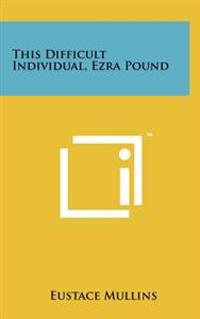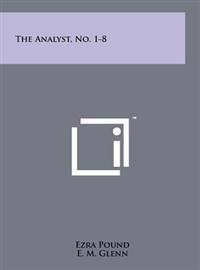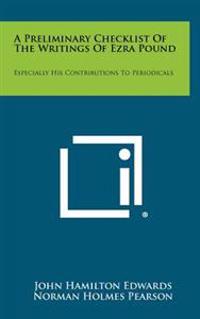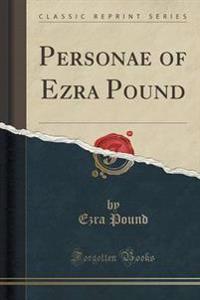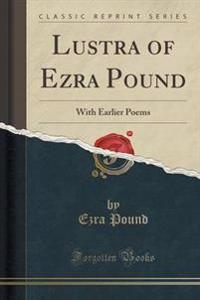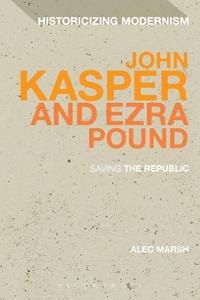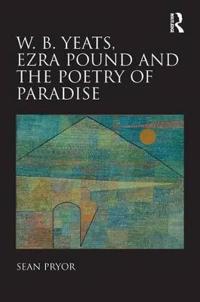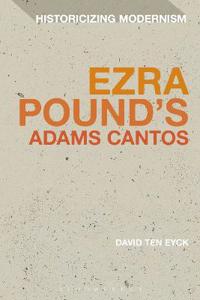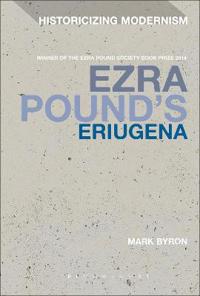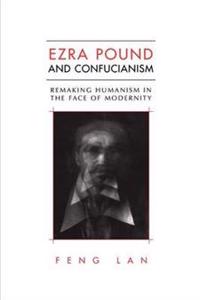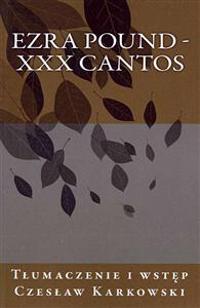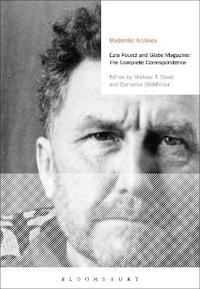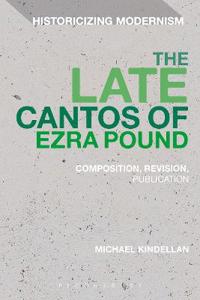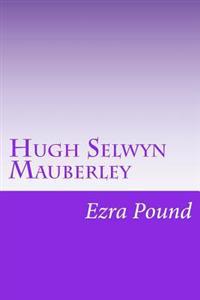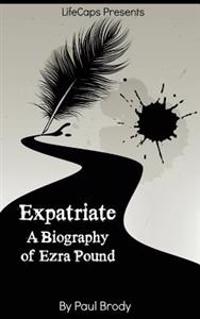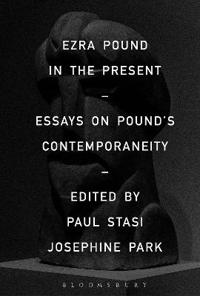Ezra Pound's Fascist Propaganda, 1935-45 (Inbunden)
avMatthew Feldman
ISBN: 9781137345509 - UTGIVEN: 2013-08Often dismissed as simply 'bad' or 'mad', the nature of Ezra Pound's fascist propaganda has been much discussed, but far less well understood to date. In consequence, the extent of Pound's activism has been wildly underestimated; there are, for example, thousands of pro-Axis radio items during WWII.[...]
Culture: The Intellectual Autobiography of a Poet (Inbunden)
avEzra Pound
ISBN: 9781258019051 - UTGIVEN: 201105The Analyst, No. 18 (Inbunden)
avEzra Pound, E. M. Glenn, Robert Mayo
ISBN: 9781258049461 - UTGIVEN: 201106This Difficult Individual, Ezra Pound (Inbunden)
avEustace Mullins
ISBN: 9781258064471 - UTGIVEN: 2011-07The Analyst, No. 1-8 (Inbunden)
avEzra Pound, E. M. Glenn, Thelma C. Balagot
ISBN: 9781258102616 - UTGIVEN: 201109This Difficult Individual, Ezra Pound (Häftad)
avEustace Mullins
ISBN: 9781258173203 - UTGIVEN: 2011-10John Kasper and Ezra Pound
ISBN: 9781350028401 - UTGIVEN: 2017-03John Kasper was a militant far-right activist who first came to prominence with his violent campaigns against desegregation in the Civil Rights era. Ezra Pound was the seminal figure in Anglo-American modernist literature and one of the most important poets of the 20th century. This is the first boo[...]
W. B. Yeats, Ezra Pound, and the Poetry of Paradise (Inbunden)
avSean Pryor
ISBN: 9781409406600 - UTGIVEN: 201103Emphasizing the interplay of aesthetic forms and religious modes, Sean Pryor's ambitious study takes up the endlessly reiterated longing for paradise that features throughout the works of W. B. Yeats and Ezra Pound. Yeats and Pound define poetry in terms of paradise and paradise in terms of poetry, [...]
Ezra Pound's Adams Cantos (Inbunden)
avDavid Ten Eyck
ISBN: 9781441100498 - UTGIVEN: 201210Ezra Pound transformed his style of poetry when he wrote The Adams Cantos in the 1920s. But what caused him to rethink his earlier writing techniques? Grounded in archival material, this study explores the extent to which Pound's poetry changed in response to his reading of seventeenth-century Ameri[...]
Ezra Pound's Eriugena (Inbunden)
avMark Byron
ISBN: 9781441139542 - UTGIVEN: 2014-08Ezra Pound's sustained use of ancient and medieval philosophical sources, particularly those within the Neoplatonic tradition, is well known. Yet the specific influence of the ninth-century theologian Johannes Scottus Eriugena on Pound's poetry and prose has received limited scholarly attention. Pou[...]
Ezra Pound and Confucianism: Remaking Humanism in the Face of Modernity (Häftad)
avFeng LAN
ISBN: 9781442613119 - UTGIVEN: 2004-12Ezra Pound and 'Globe' Magazine: The Complete Correspondence
ISBN: 9781472589590 - UTGIVEN: 2015-11In the summer of 1936, Ezra Pound agreed to take on the role of European Correspondent for a newly launched travel journal entitled Globe: The International Magazine. Ezra Pound and 'Globe' Magazine: The Complete Correspondence collects for the first time Pound's writings for the journal and his ext[...]
The Late Cantos of Ezra Pound
ISBN: 9781474258746 - UTGIVEN: 2017-10Drawing extensively on archival research, The Late Cantos of Ezra Pound critically explores the textual history of Pound's late verse, namely Section: Rock-Drill (1955) and Thrones (1959). Examining unpublished letters, draft manuscripts and other prepublication material, this book addresses the com[...]
Ezra Pound's Eriugena (häftad)
ISBN: 9781474275644 - UTGIVEN: 2016-12Winner of the Ezra Pound Society Book Prize 2014Ezra Pound's sustained use of ancient and medieval philosophical sources, particularly those within the Neoplatonic tradition, is well known. Yet the specific influence of the ninth-century theologian Johannes Scottus Eriugena on Pound's poetry and pro[...]
Ezra Pound in the Present
ISBN: 9781501307713 - UTGIVEN: 2016-10Was Ezra Pound the first theorist of World Literature? Or did he inaugurate a form of comparative literature that could save the discipline from its untimely demise? Would he have welcomed the 2008 financial crisis? What might he say about America's economic dependence on China? Would he have been[...]

